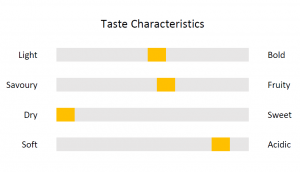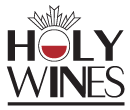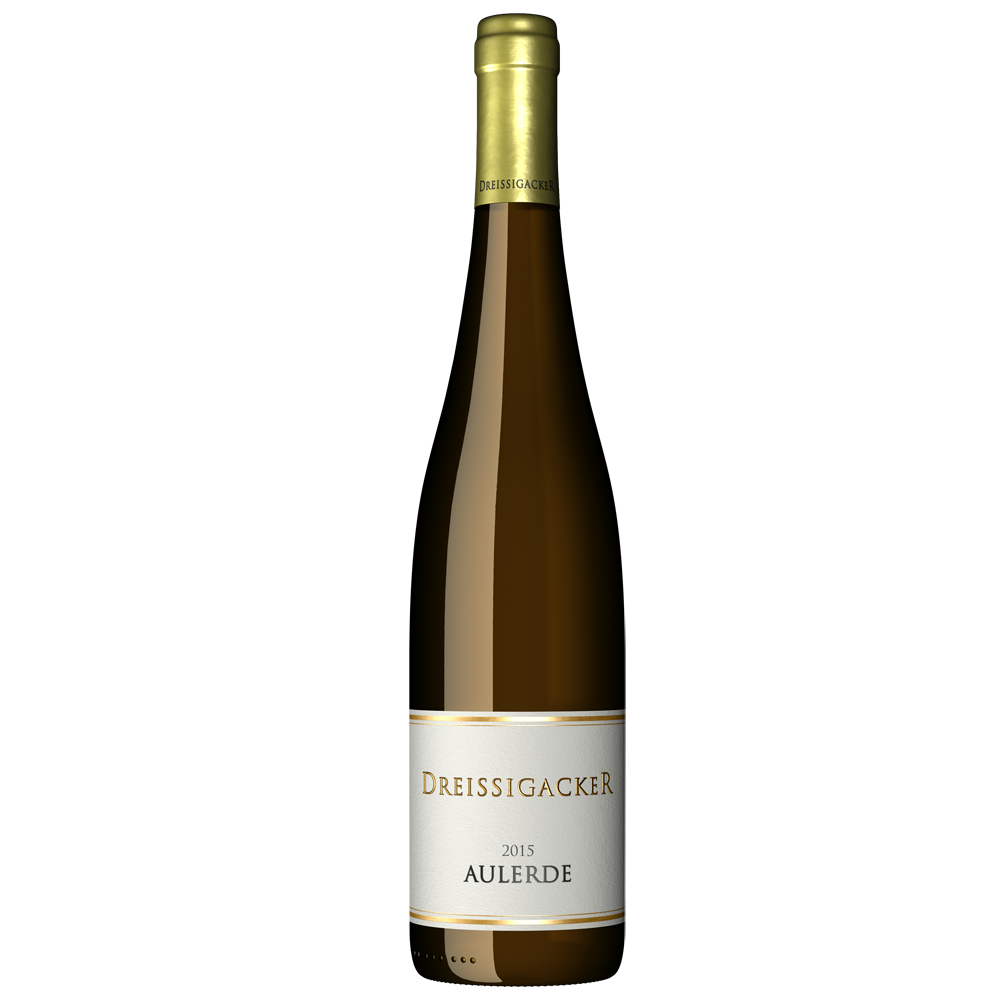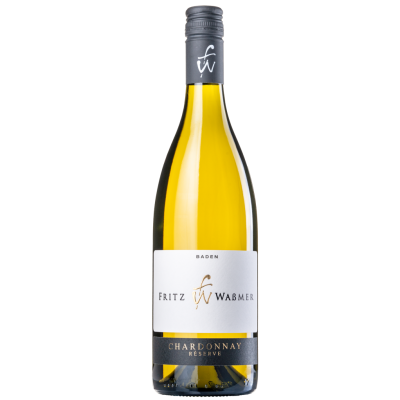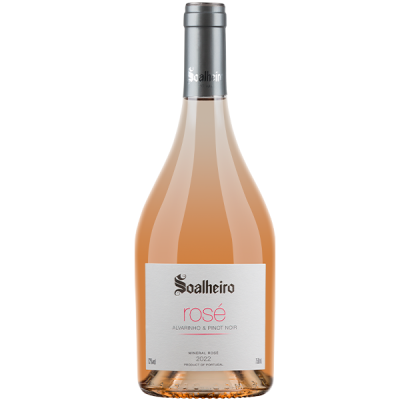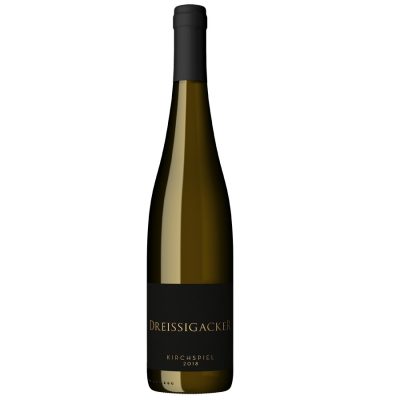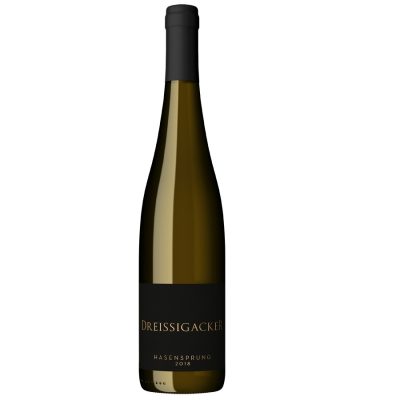Related products
You may also like…
Description
Wine
Marl and loess clay are the dominant parts of the Aulerde soils. The location combines the minerality of the Westhofen with a tremendous maturity and complexity. By expanding in large oak barrels, the properties are further refined. With skin contact up to 36 hours, spontaneous fermentation in 100% wooden barrel & left for a long time on its lees. This Riesling is amazingly precise & well structured. Certified organic.
Region
Rheinhessen is a very famous wine region in Germany, located in the state of Rhineland-Palatinate. It is one of the country’s 13 official wine regions and is known for its rich winemaking history and high-quality wines. Rheinhessen is the largest wine-producing region in Germany, covering an area of approximately 26,500 hectares of vineyards.
Rheinhessen lies to the west of the Rhine River and is bordered by the Nahe wine region to the northwest and the Pfalz wine region to the south. The region’s landscape is characterized by gently rolling hills and a temperate climate that is influenced by the river.
The Vineyard
These vines from the Aulerde vineyard are over 30 years old. They are rooted in soils dominated by limestone, clay marl and loess loam. In addition, there is the exposed south-facing location in Westhofen – a combination that promises minerality, complexity and freshness. The summer in which the Aulerde Riesling 2018 grew here was characterized by high temperatures and drought, which led to exceptional qualities. In view of the special growth phase, the enormous potential of this Riesling could be guessed at an early stage. The wine was left to mature in peace and patiently expanded it in small plots. Each step of the aging process, its origin and the characteristics of the vintage contribute to the complexity of the Aulerde Riesling 2018.
Climate & Terroir
Spring in Rheinhessen tends to be cool, which can be challenging for the early growth of grapevines. Frosts can occur in spring, posing a risk to the young buds.
Summers in Rheinhessen are generally warm, allowing the grapes to ripen and develop their flavors. However, the presence of the Rhine River and its cooling effect helps to prevent extreme heat waves.
The region benefits from a relatively long growing season, allowing the grapes to reach full maturity. This extended ripening period contributes to the development of complex flavors and balanced acidity in the wines.
The region’s moderate climate with warm days and cool nights in autumn is particularly favorable for the late ripening grape varieties like Riesling. This combination helps the grapes retain acidity while achieving sufficient sugar levels, leading to the production of high-quality wines.
Ideal drinking temperature 11° Celsius.
